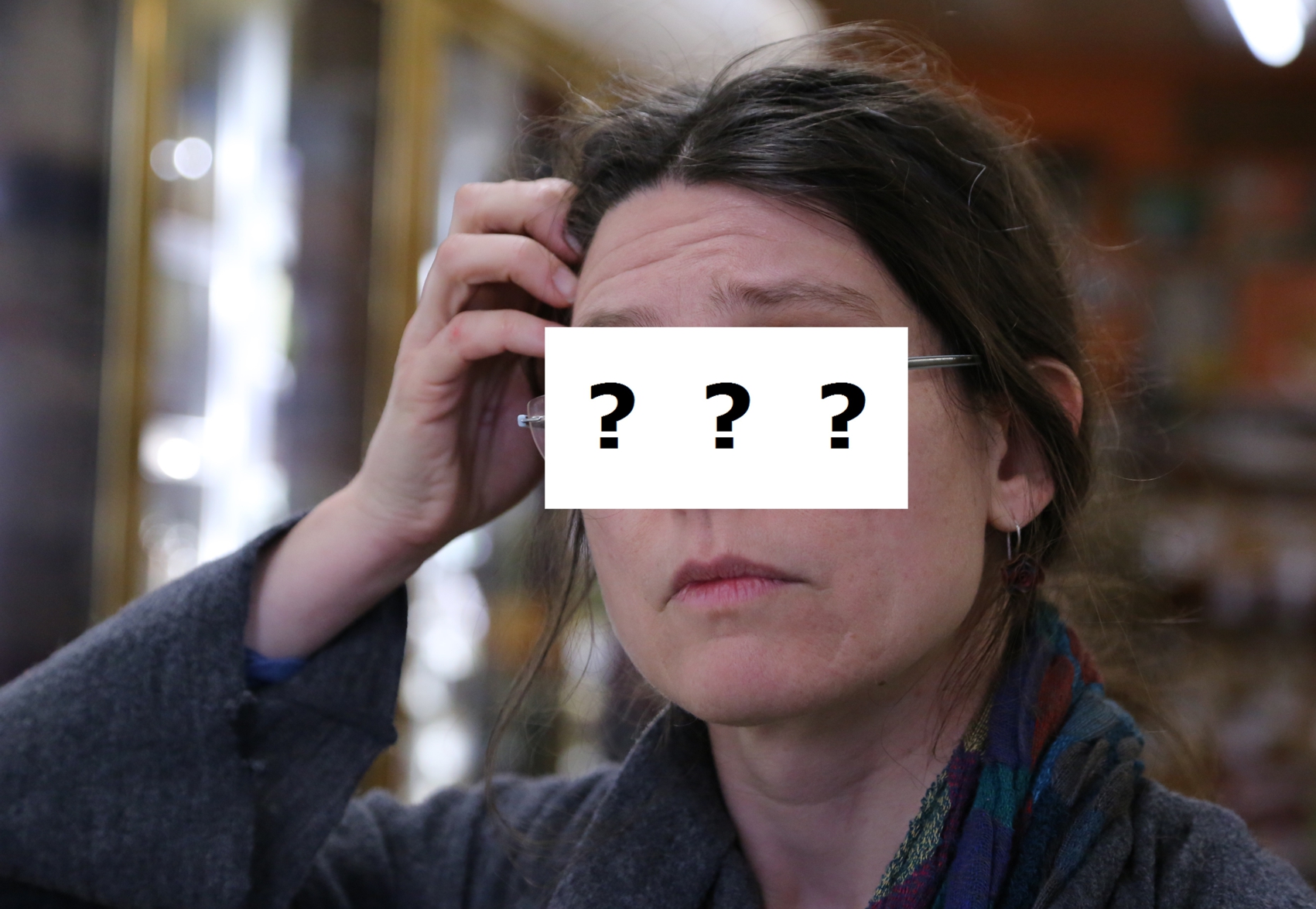|
Henri Bergson, Time and Free Will
The true self as the holistic «symphony» within us
Henri Bergson (1859-1941) was an influential French philosopher, and a Nobel Prize winner in literature. In his philosophical writings, written in a poetic style, he emphasized the importance of intuition.
Bergson tells us that in everyday life we usually live on the surface of our being. We are normally aware only of our rigid, fixed ideas and emotions, which can be easily described and analyzed. But our inner life is much richer than it seems. Underneath this familiar surface, our inner life is a constant flow of infinite qualities and meanings, like a flowing symphony. This is our real being – a creative, free flow that includes our entire being.
In the following passage, Bergson describes those special moments in which the true self – the «symphony» with us – comes up to the surface.
(Adopted from the translation by F.L. Pogson, London: Allen & Unwin, 1959, p. 169-170)
When our trustworthy friends advise us to take some important step, the attitudes which they express stay on the surface of our ego, and there they become solidified. Little by little they will form a thick crust which will cover up our own attitudes. We will believe that we are acting freely, but later on, when we look back, we will realize how much we were mistaken.
 And then, just before we perform the act, something may revolt against it. It is the deep self rushing up to the surface. It is the outer crust bursting, suddenly surrendering to an irresistible push. In the depths of the self, below these very reasonable thoughts about very reasonable pieces of advice, something else was going on… And then, just before we perform the act, something may revolt against it. It is the deep self rushing up to the surface. It is the outer crust bursting, suddenly surrendering to an irresistible push. In the depths of the self, below these very reasonable thoughts about very reasonable pieces of advice, something else was going on…
We wish to know the reason why we have decided, and we find that we have decided without any reason, and perhaps against every reason. But sometimes this is the best reason. Because our action does not express some superficial idea, almost external to ourselves, separate and easy to explain. It agrees with the whole of our intimate feelings, thoughts and aspirations, it agrees with our particular conception of life which is the equivalent of all our past experience—in other words, with our personal idea of happiness and of integrity.
|
Here is one way to contemplate on this quotation
Sit quietly and read the text very slowly. Ask yourself: What does the text tell me? Listen to the words and let them speak in you. Notice phrases that attract your attention or touch you. When you finish reading the text two or three times, write down the phrases that touched you, and then summarize them in one sentence. You can now return to your daily activity, but keep this sentence in your mind for the rest of the day.
|
|
IS THE BIRD INAUTHENTIC FOR WANTING TO HAVE ARTIFICIAL FEATHERS, OR IS IT AUTHENTIC BECAUSE IT WANTS TO HAVE LARGE FEATHERS AND FLY AWAY FREELY?
{youtube}CJIUNNssSVg{/youtube}
|
|


